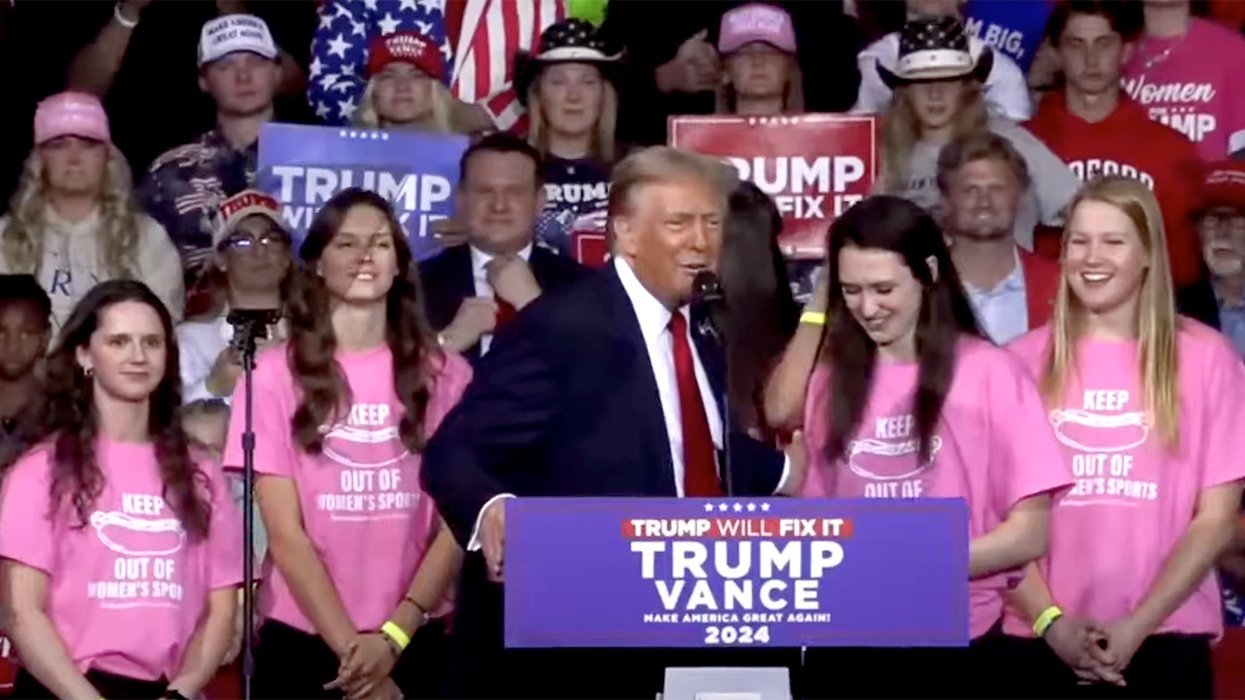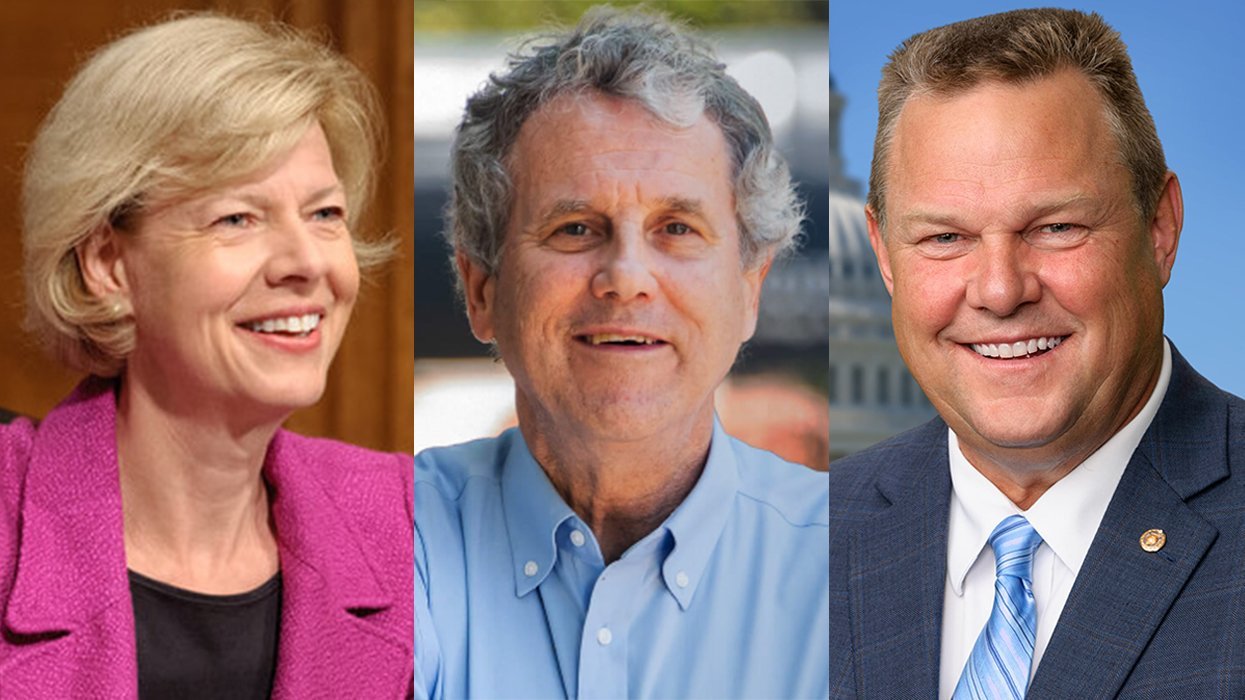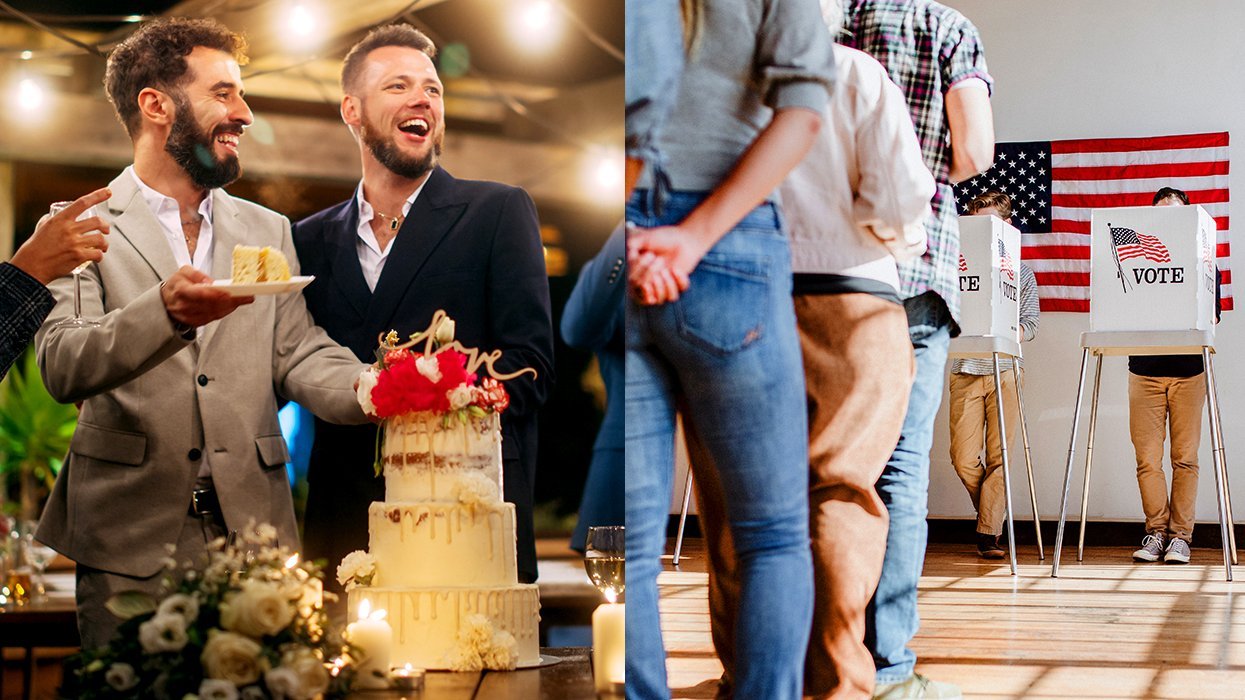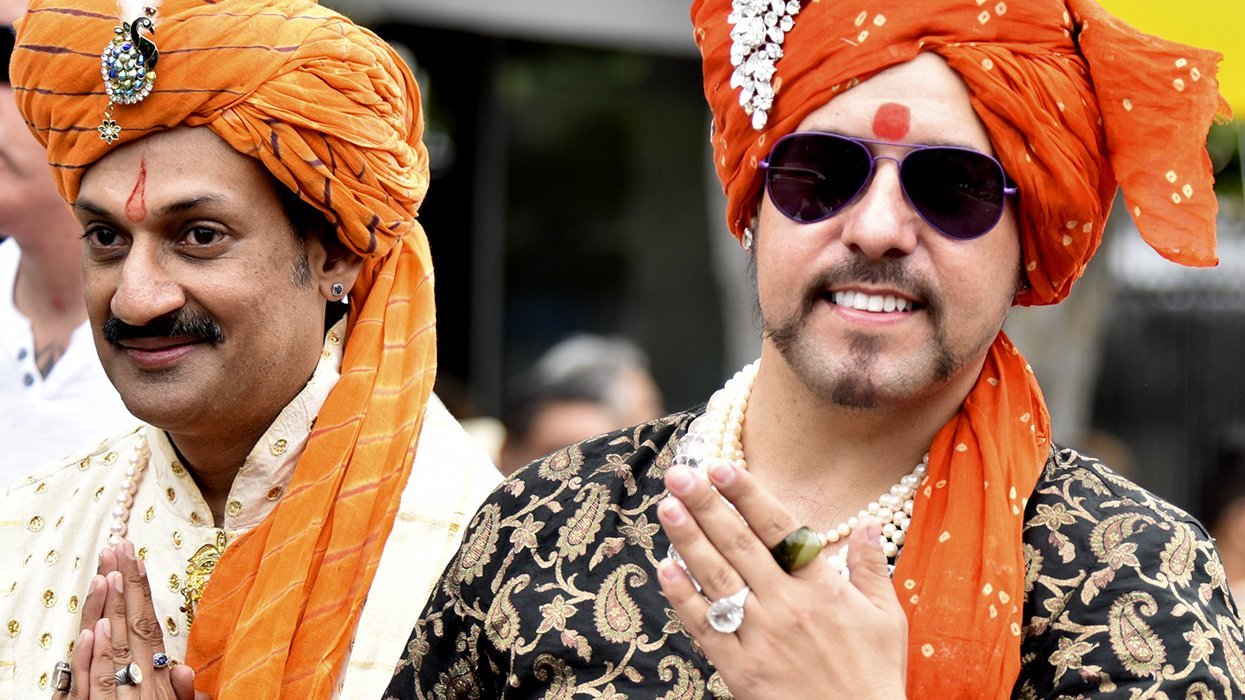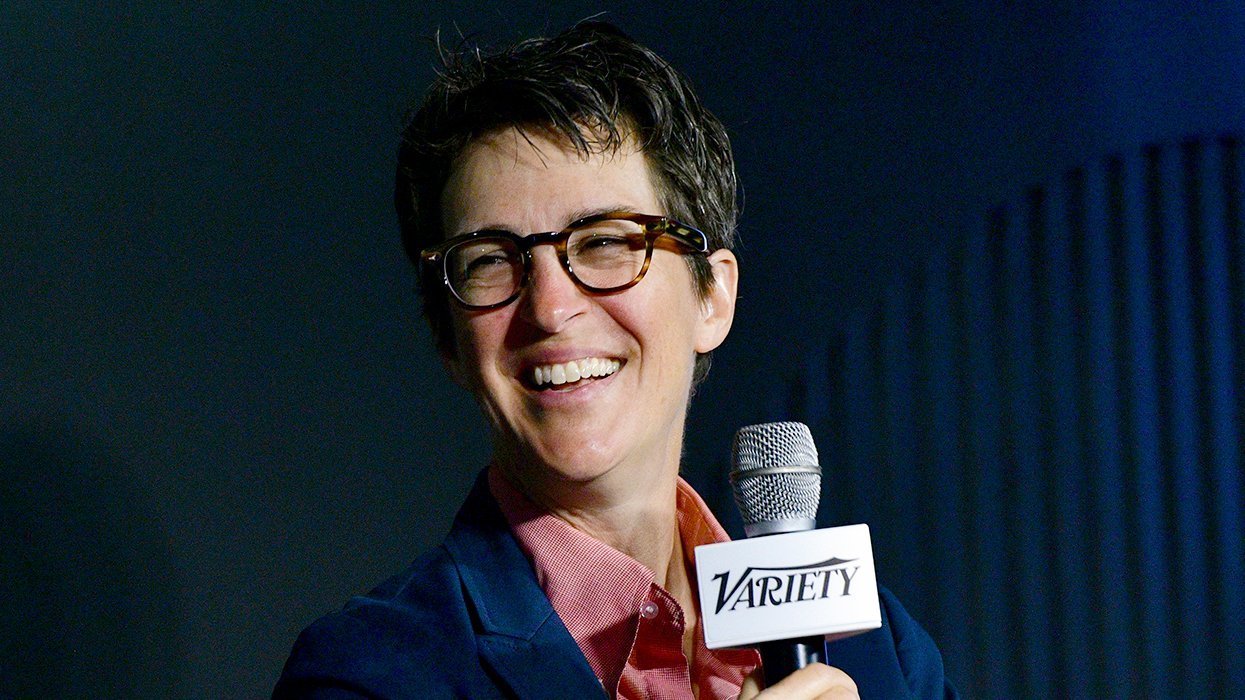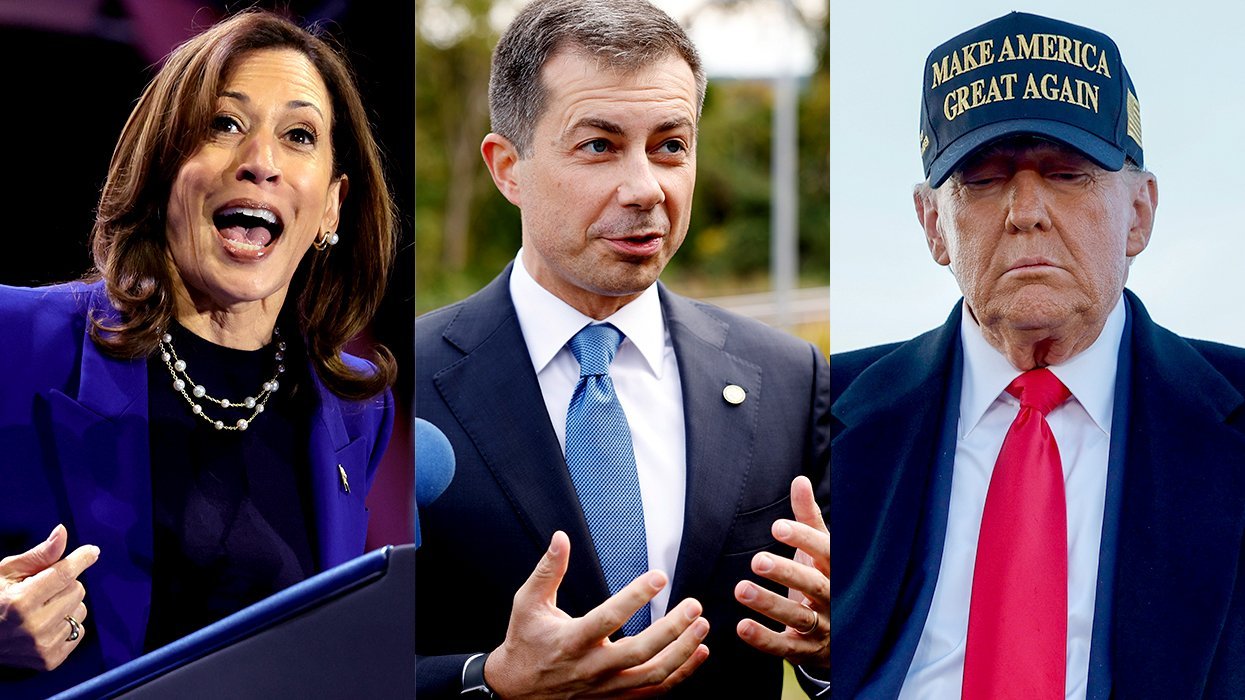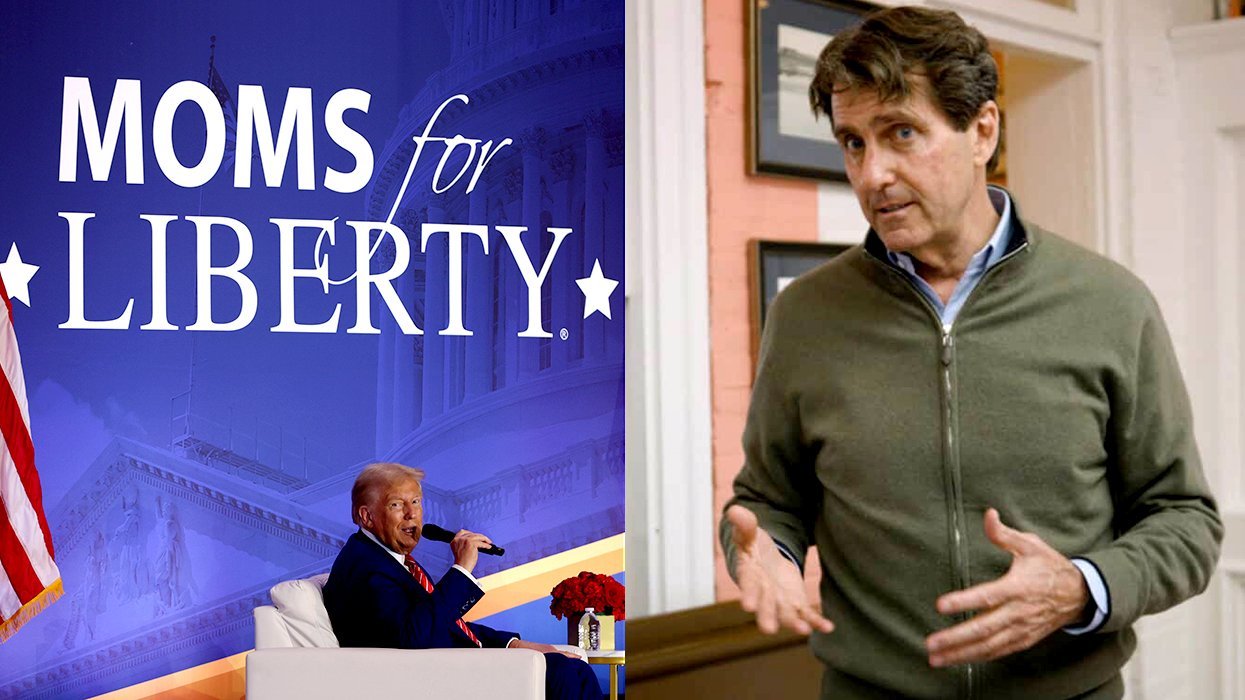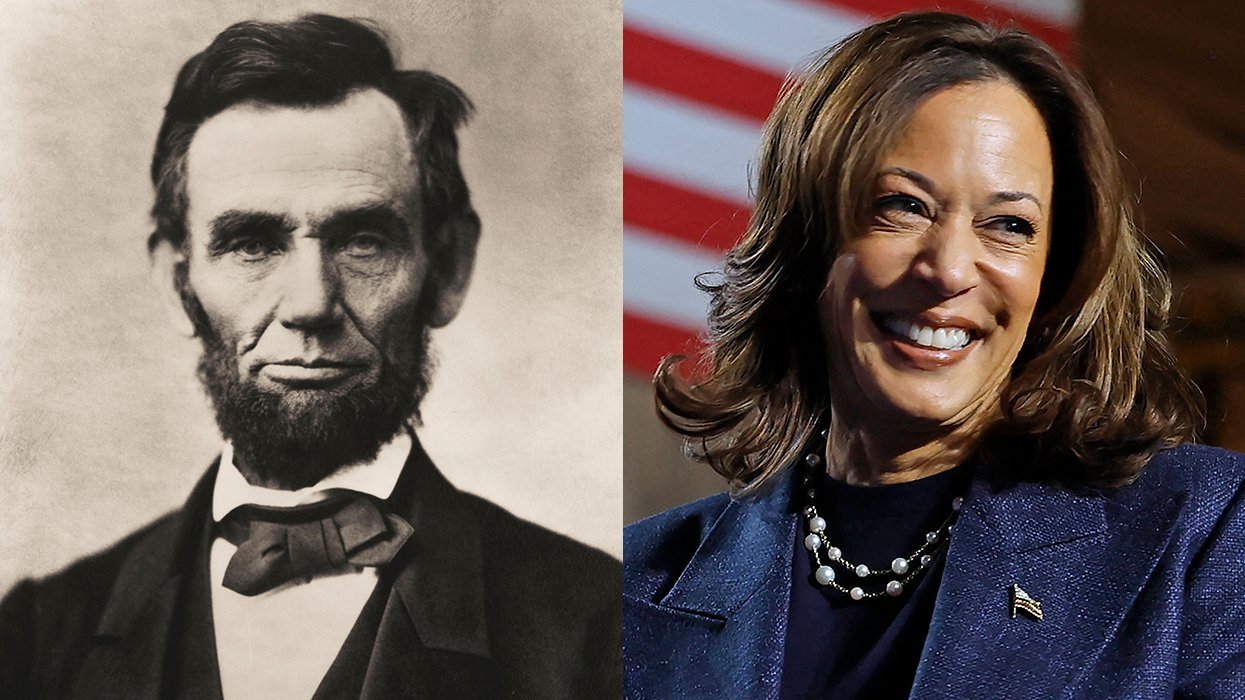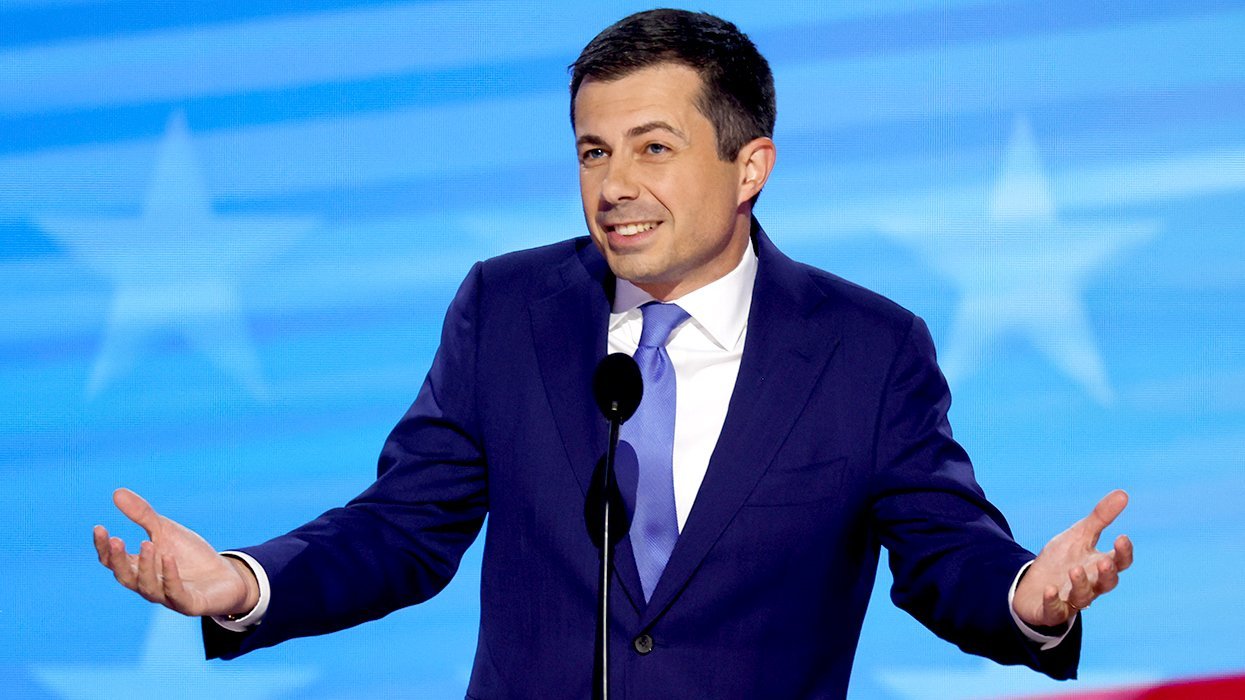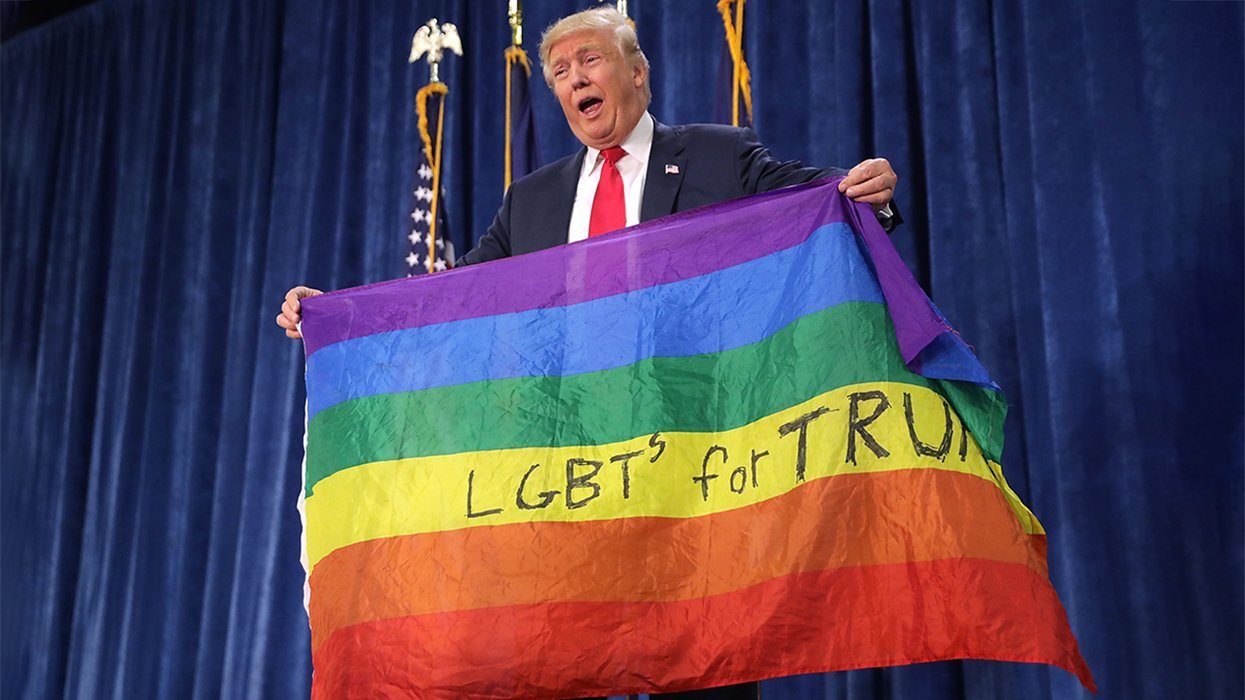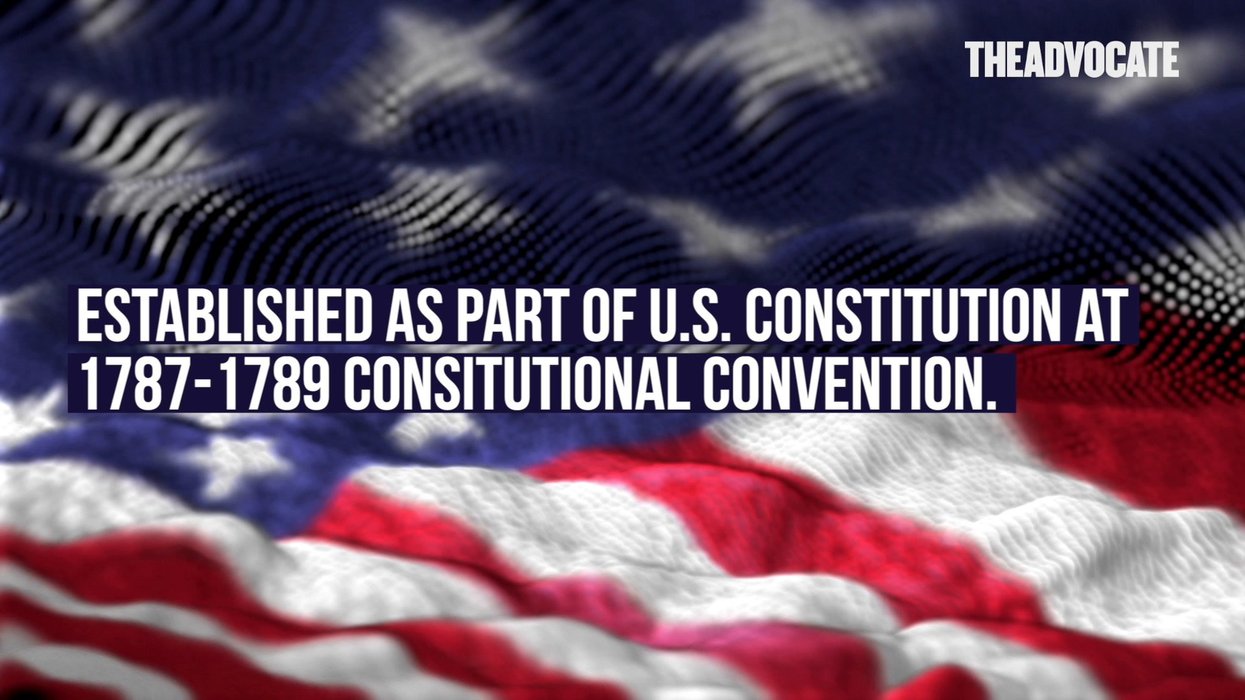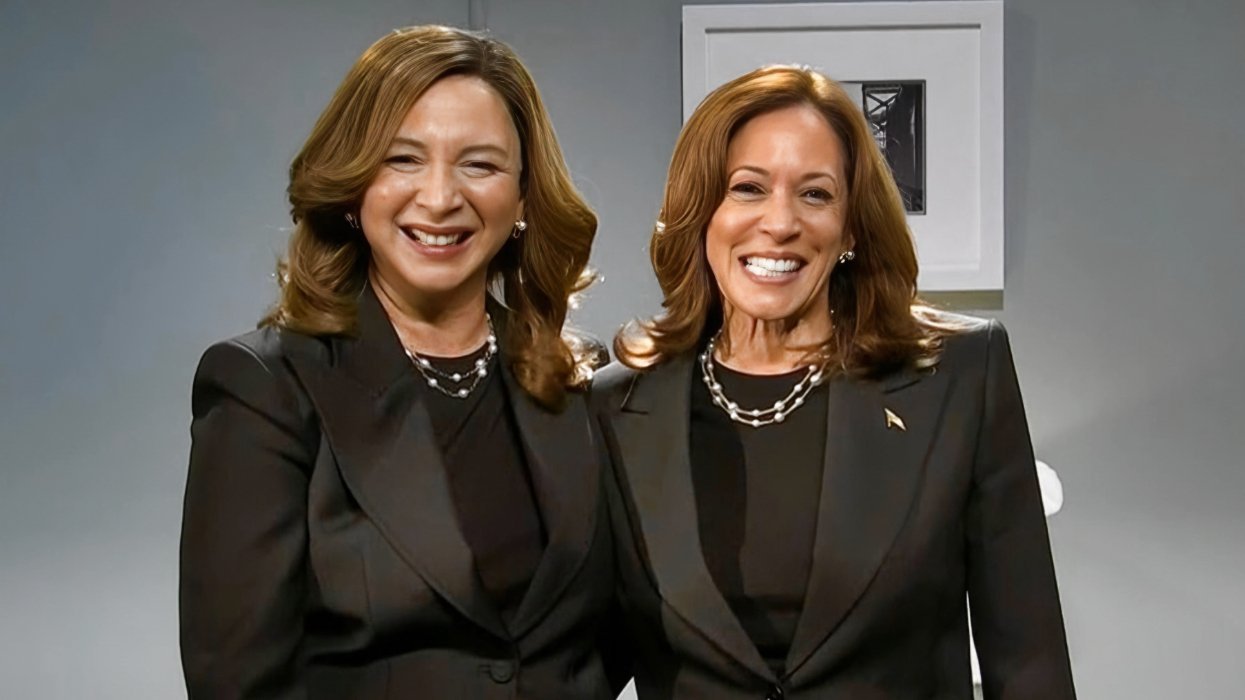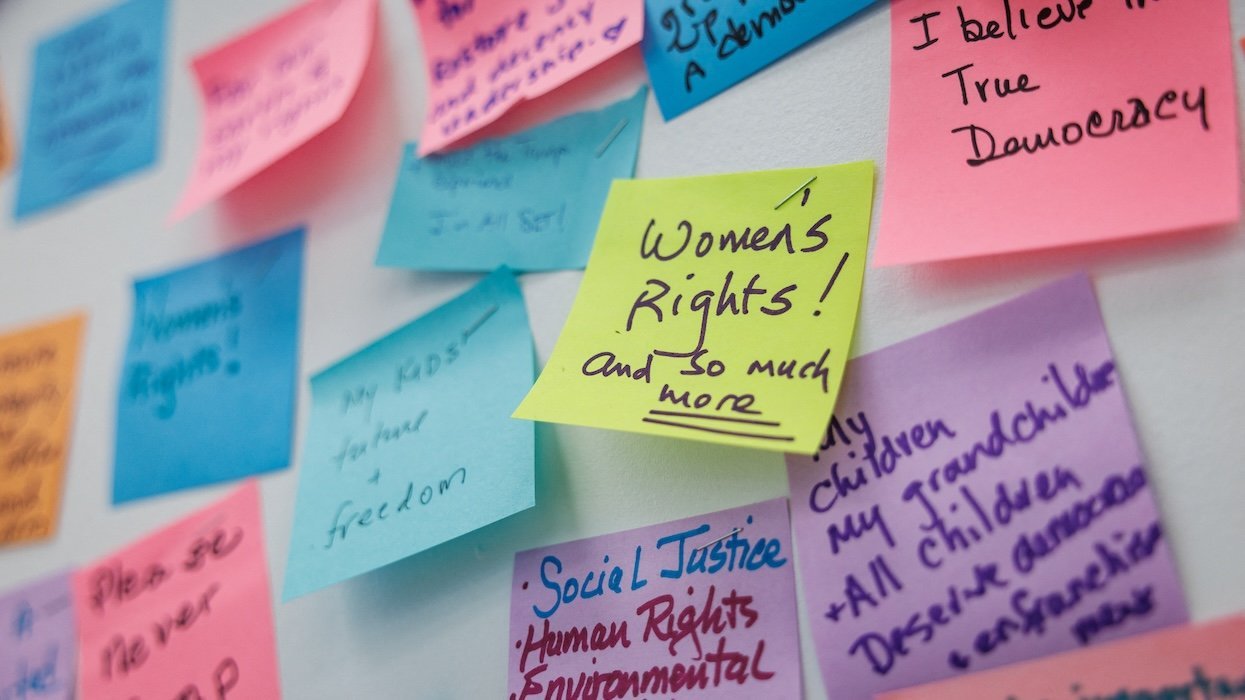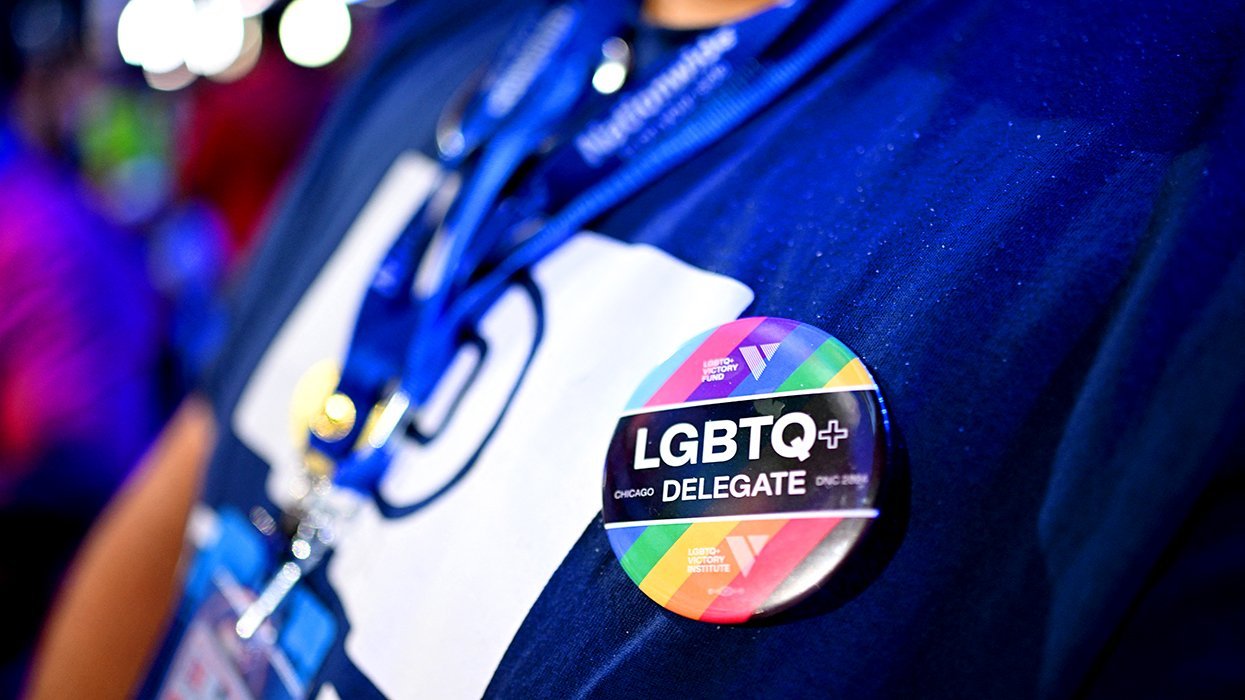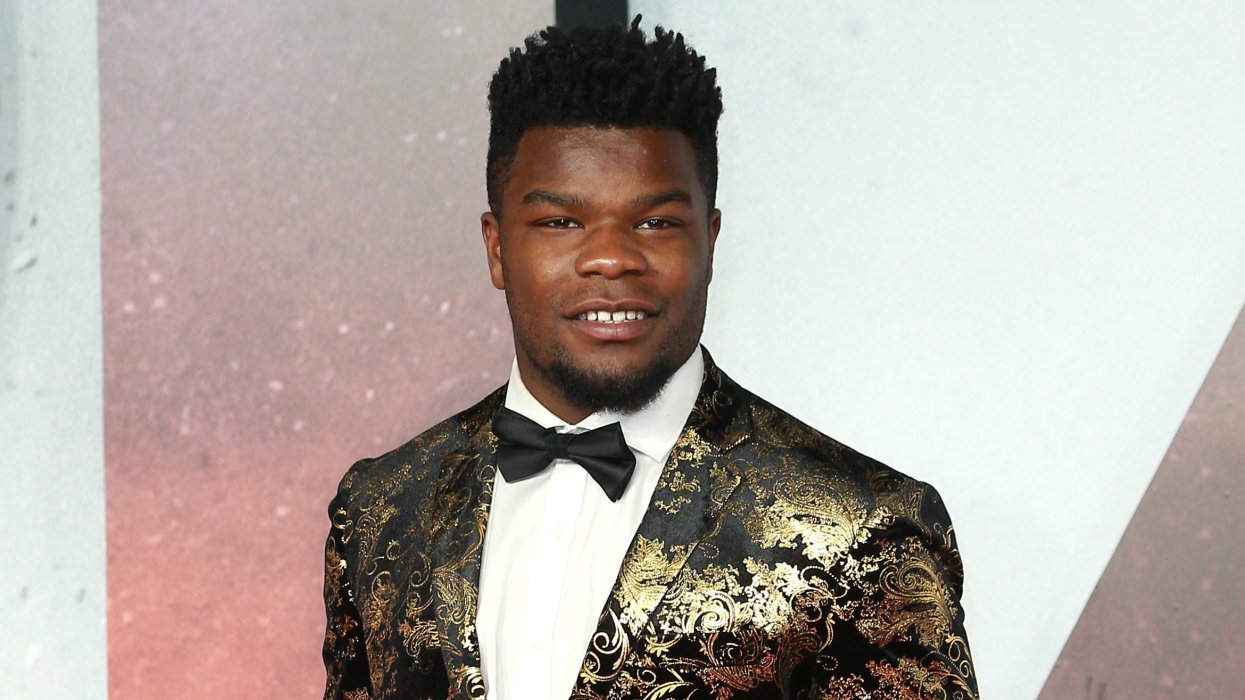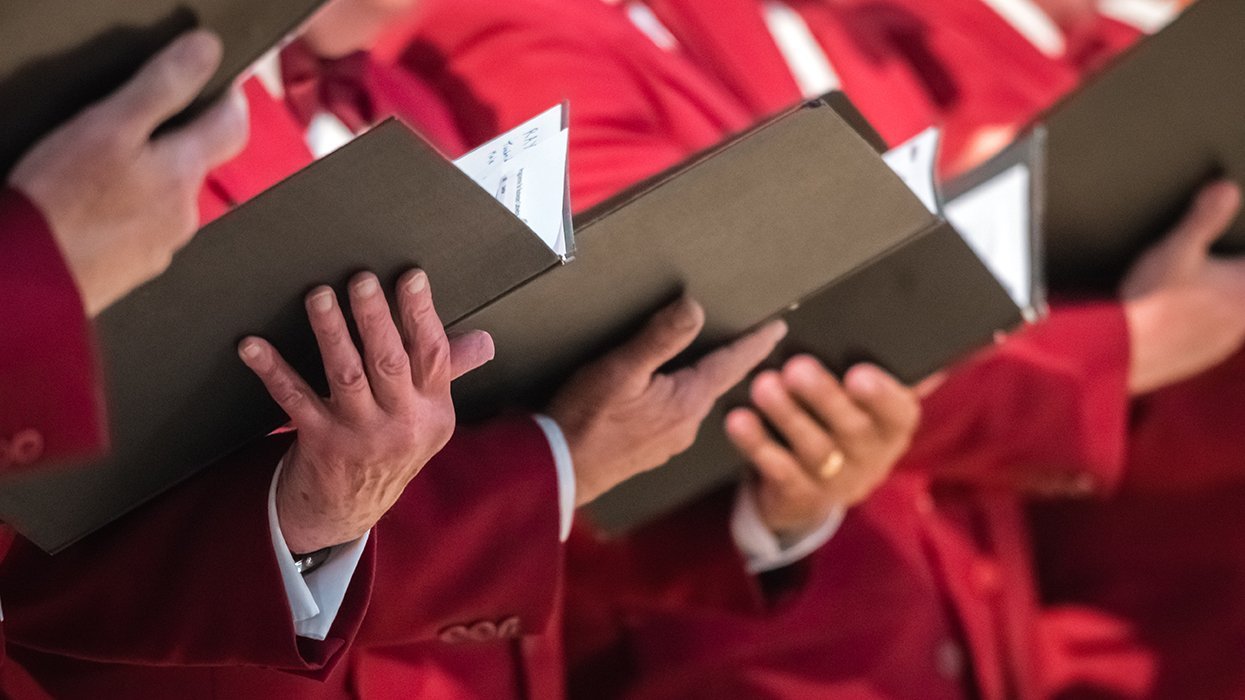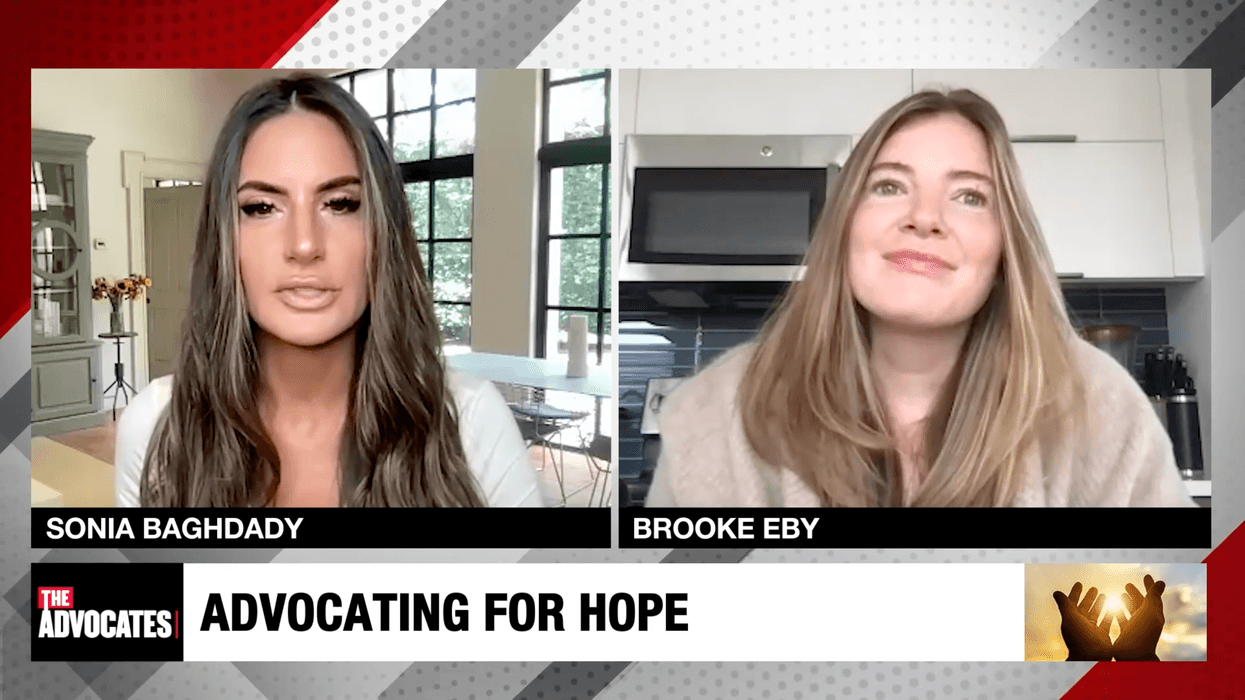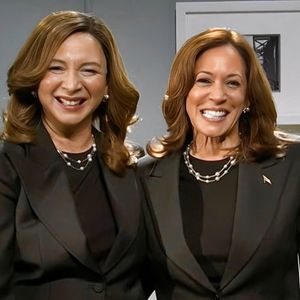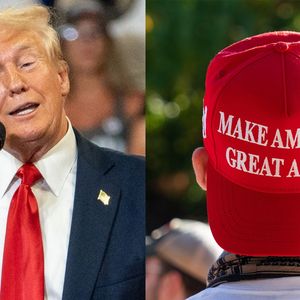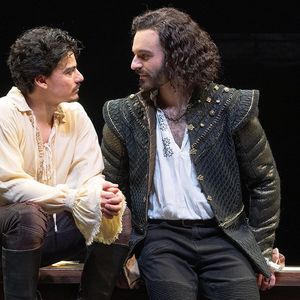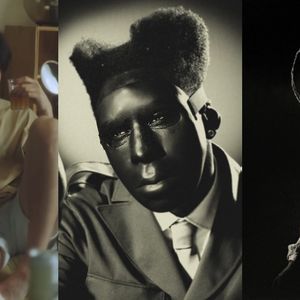We count presidential votes in two ways here in the United States. We have a popular vote tally, and Hillary Clinton is winning that one big-time -- a 2.3 million vote margin over Donald Trump and counting. We also have an antiquated contraption very few people understand called the electoral college that gives us a much different way to determine who won the presidency. That method is the chosen one by way of the Twelfth Amendment (from 1804) to our Constitution and it puts Trump and the Republicans, the minority party, in power for the next four years. Now the electors, those who vote in this electoral college, are being asked to be "faithless" and vote the will of the people (that would be for Hillary). Here in this "Land of the Free and the Home of the Brave," this will not happen. Trump will be our president. The Republicans will run amok for the next four years, trying to knock us back to 1958.
At Smith College back in the 1970s, I studied political theory with professor Cecelia Kenyon, a remarkable woman and expert in the very issues we face today. Miss Kenyon, as we called her then, was a fragile woman of towering intellect. She loved the Founding Fathers, the anti-Federalists, and the great debates that formed our remarkable government. I was considered one of her best students and I can't read through all the muck that "explains" the electoral college without needing a drink. I will try to distill the issues down to the point of making sense.
The idea of the electoral college was not an easy one even back in 1787 at the Constitutional Convention. Much of the problem is rooted in the way population was counted for representation in the House of Representatives. It was slave states with less population versus non-slave states with more population. Although slaves didn't vote, the slave states wanted to count their slaves so they could get more sway in D.C. The three-fifths compromise was struck with each slave counting as three-fifths of a person to determine the number of representatives each state would have in the House. The number of senators, fixed at two for each state, and the number of representatives in the House, based on population, determine how many electors each state gets in the electoral college. The population count is determined by each 10-year census, so in 2016 we are going by 2010 numbers. Sound good? Your vote in the popular presidential election counts less for electoral college purposes if you live in a big state with more people, usually blue, than it does if you live in a red state, usually with fewer people.
Now let's think about the Voting Rights Act of 1965 section 2, which says no vote shall be abridged. This act is aimed at protecting people of color, but think of the spirit of the law for all of us. No vote shall be abridged -- but that is exactly what the electoral college does. And yes, it does seem to abridge the presidential vote of minorities, doesn't it? Why do we keep doing this? It would take a constitutional amendment to change our presidential election system to the common-sense popular vote. Some red states would have to sign on. Fat chance. We are indeed caught between rock and a hard place. This is the one place where the Founding Fathers screwed up. Those advantaged by the electoral college will never go along with abolishing it. What would the Founding Fathers think of Trump? I don't know. They were, like him, white men with plenty of money.
So we call upon the electors to be faithless and do what is right for our country today. The call will go unheeded. There is a collection of Miss Kenyon's writings called Men of Little Faith. I was thumbing through my copy and read that some in the late 1700s thought a republic would only work for small countries and argued against it. Maybe they were right. I do know one thing for sure. Miss Kenyon would shake her tiny fist at Donald Trump and make a flawless argument for unfaithfulness.
 SUSAN SURFTONE is a musician and just released the EP The Magician.
SUSAN SURFTONE is a musician and just released the EP The Magician.
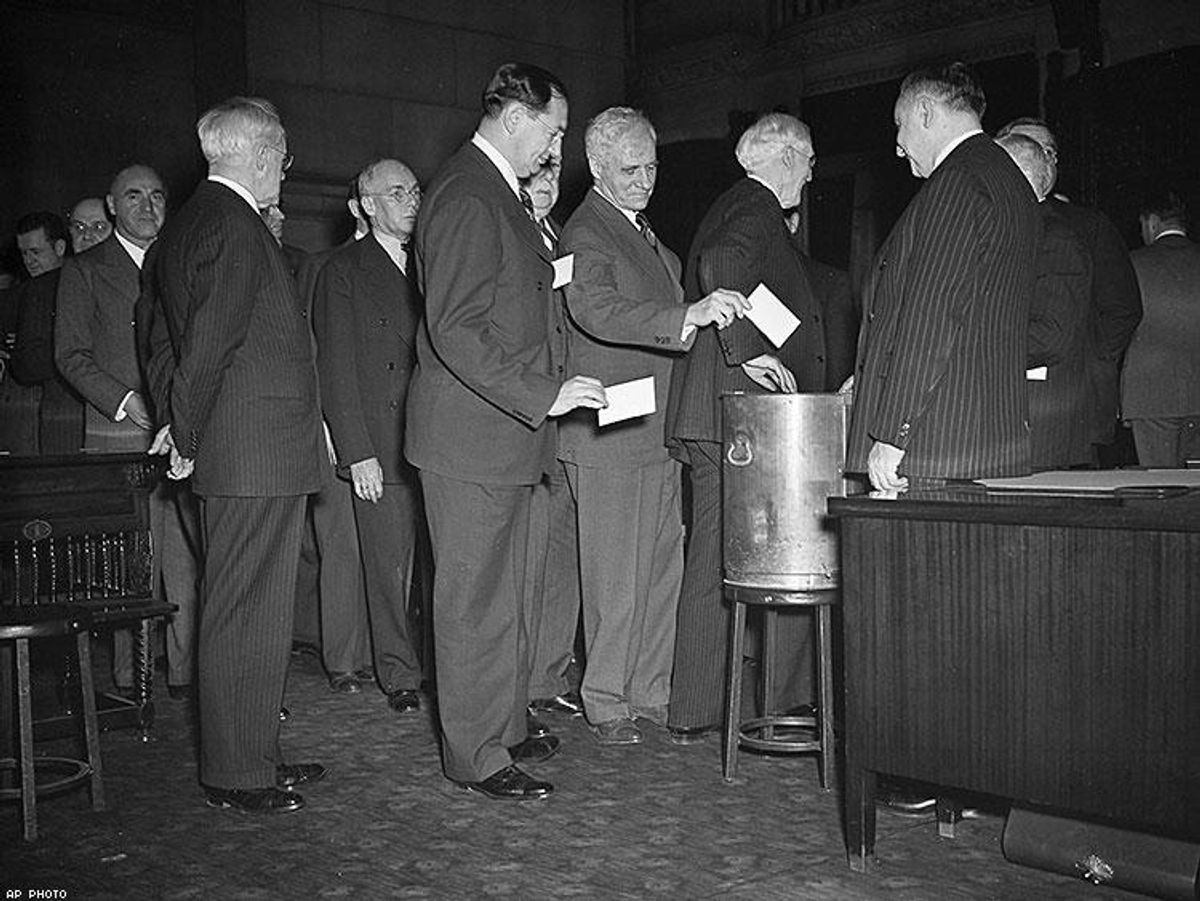

 SUSAN SURFTONE is a musician and just released the EP
SUSAN SURFTONE is a musician and just released the EP 











